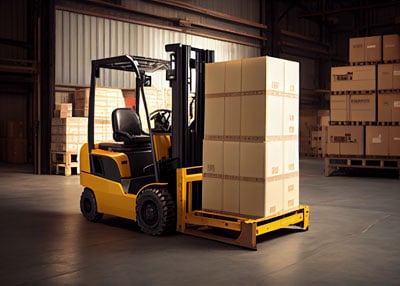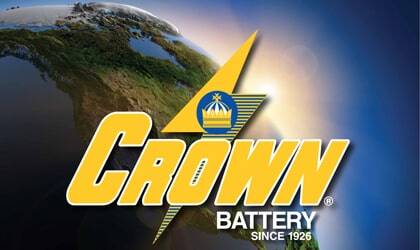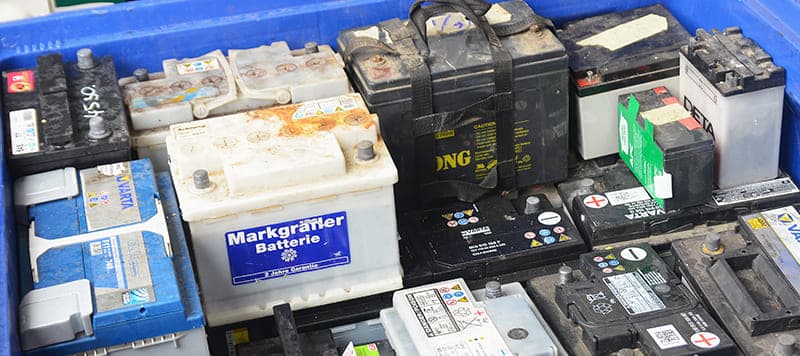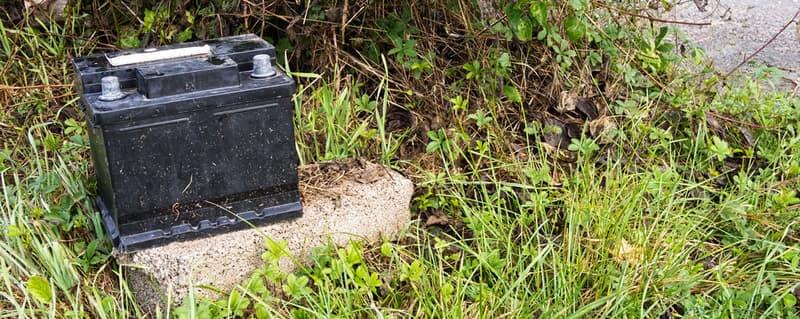Battery recycling, it’s one of the best ways to protect the environment, conserve resources, and reduce our carbon footprint. But which battery technology is 99% recyclable — and which batteries are landfillable? Keep reading to find out!
Battery recycling basics
In this North American Clean Energy article, the Vice President of Crown Battery’s SLI Products Group, John Connell, covers the ins and outs of battery recycling. You’ll learn further about the following topics:
- Which batteries are more recyclable than an aluminum can—Recycling Lithium-ion batteries is neither economical nor energy efficient. In most cases, it's cheaper to mine new lithium than to recycle existing material.
- Which ones usually go straight to the landfill—According to the U.S. Geological Survey, approximately 80% of lithium and lithium-ion batteries are sent to the landfill. And at least 40% of the material in many recycled batteries also ends up in landfills.
- How battery recycling works (simpler is better)—The entire process is computerized, automated, and tightly regulated by the EPA. But depending on the type of battery you recycle, wether that be Lead-acid or Lithium-ion, there are different process in place.
- What battery chemistry can be used to make new batteries for decades —the other is downcycled at best—Batteries are sorted by chemistry, then shredded and separated by machine. Flammable electrolytes are burned; hazardous internal chemistry is neutralized following environmental guidelines.
- The economic impact of battery recycling—Metal pricing and ease of recycling are key to recycling profitability.
- Where to recycle your batteries—If batteries are fully or partially recyclable, check online to find the nearest authorized drop-off center, if one is available.
You can make a huge difference just by selecting environmentally responsible batteries. Click here to see the truth about battery recycling.
The 3 R’s: Recycle, reuse, reduce
Of course, recycling is only one part of environmental sustainability. Responsible companies and battery technologies focus on reducing waste and creating a closed loop for batteries —where recycled battery material can be used to make more batteries, instead of being downcycled.
Crown Battery continues to invest heavily in engineering, manufacturing, and shipping batteries with maximum recycling and the smallest footprint possible. For instance, we recycled 313,180 pounds (156.59 tons) of manufacturing material from January to October 2017 alone. And over the past decade, we’ve also installed solar panels, advanced wind turbines, and geothermal renewable energy systems to offset energy consumption.
After all, recycling and reducing waste benefits all of us — including our environment, the community, and business.











